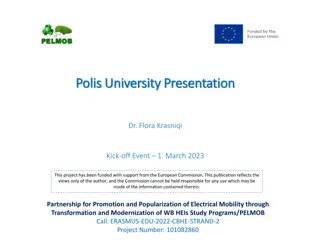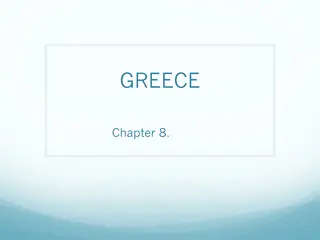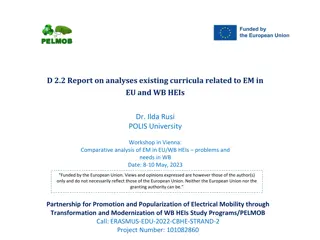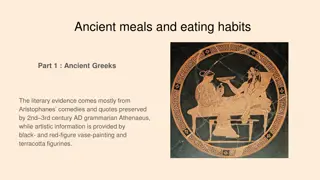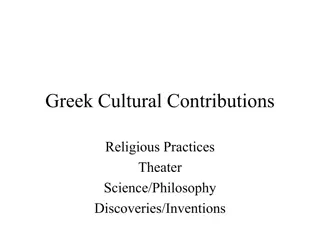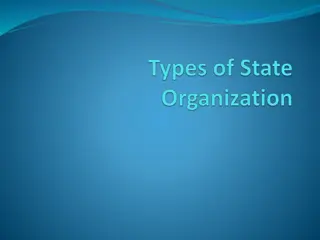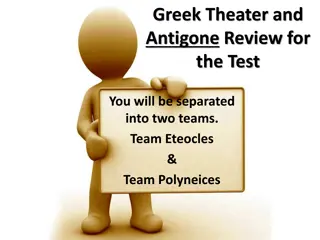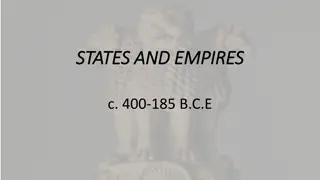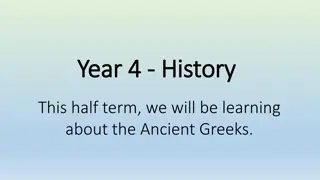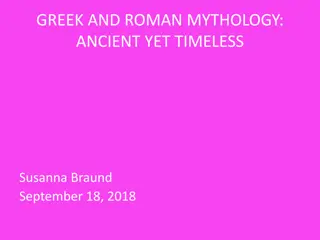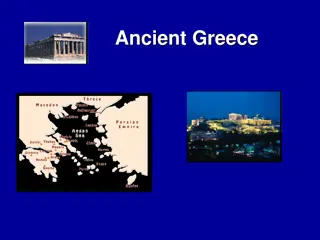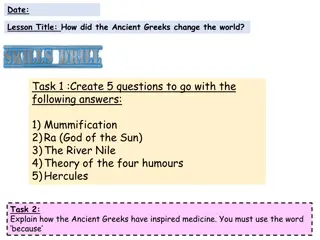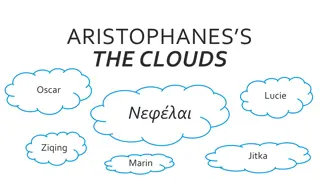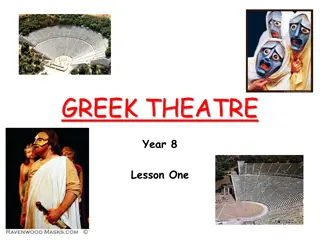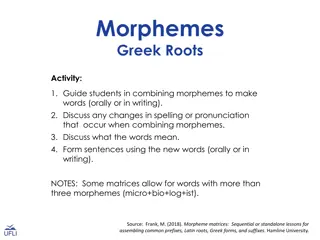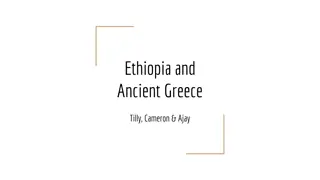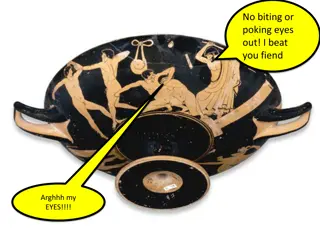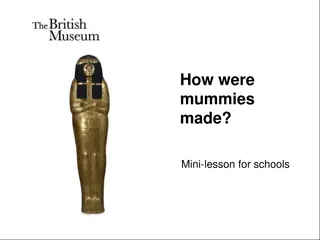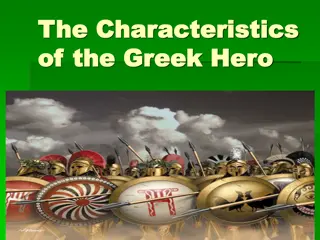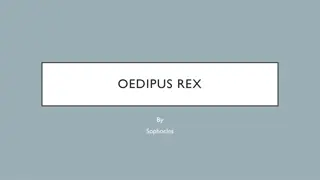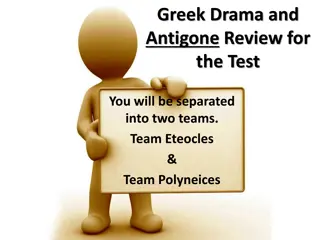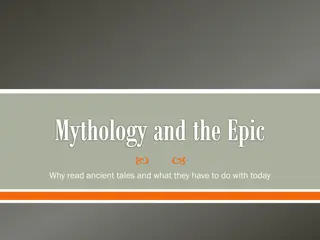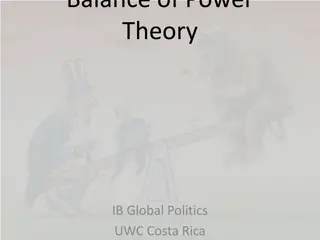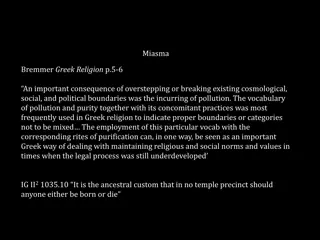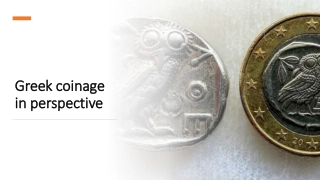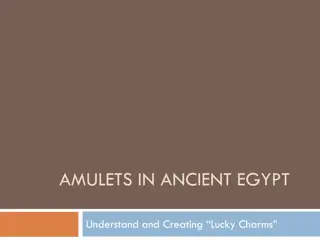Exploring Ancient Greek City-States: Polis, Acropolis, and Agora
Delve into the world of ancient Greek city-states, known as poleis, where independent communities thrived within fortified cities. Learn about the key features of these city-states, including the Acropolis, the political and economic independence they enjoyed, and the significance of the Agora as a marketplace and meeting place. Discover how these poleis were both alike and different, sharing a common loyalty to their city while also maintaining unique governmental, legal, and cultural characteristics.
Download Presentation

Please find below an Image/Link to download the presentation.
The content on the website is provided AS IS for your information and personal use only. It may not be sold, licensed, or shared on other websites without obtaining consent from the author. Download presentation by click this link. If you encounter any issues during the download, it is possible that the publisher has removed the file from their server.
E N D
Presentation Transcript
GREEK POLIS SEM I CC-II MOUSUMI ROY CHOUDHURY
Greek city Greek city- -states states 800s/700s BC formed independent city-states (polis) Concept of a polis: city (fort) and surrounding territory community (people) politically and economically independent
How city-states (poleis) were alike: 1. Covered small area 2. Populations of fewer than 10,000 (mostly slaves) 3. Fort built on acropolis (hill) 4. Had an agora (marketplace, public meeting place)
Acropolis In Greek, Acropolis means "Highest City". For purposes of defense, early settlers naturally chose elevated ground. The most famous example is the Acropolis of Athens which is known as the Acropolis. It contains the famous Parthenon, built as a temple to the Greek goddess Athena.
Agora The ruins of the Agora, the commercial center of ancient Athens.
5. Greeks had loyalty to polis 6. People from all poleis spoke Greek 7. All saw non-Greeks as barbarians 8. Shared many religious, cultural, and social characteristics
How city-states were different: Each had its own: Government Laws Calendar Money Weights and measures


